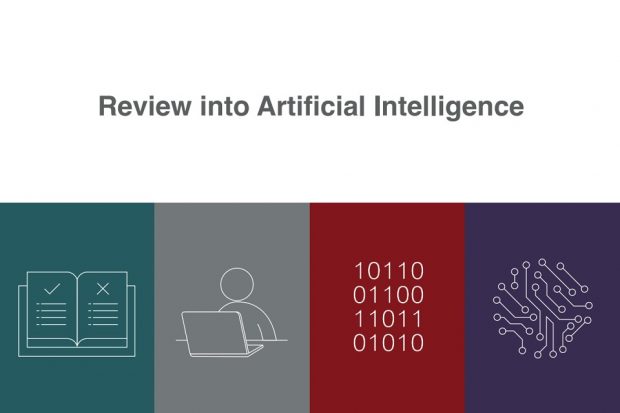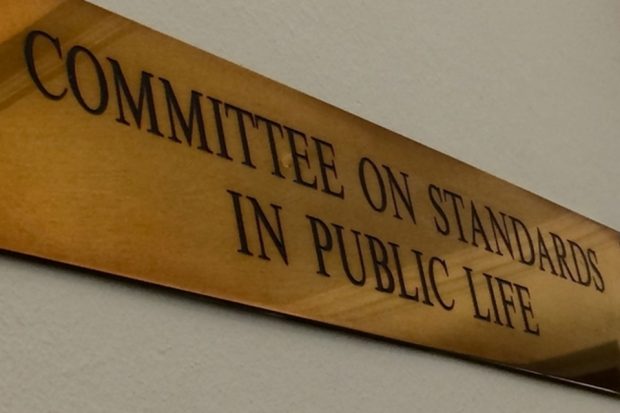
Predicting the future of tech can be tricky - even for experts.
“Two years from now, spam will be solved”, proclaimed Bill Gates in 2004.
Then, the ingenuity of the internet’s miscreants was woefully underestimated. Today, we can see the future of tech a little more clearly. Artificial intelligence will revolutionise our lives.
We are building software that can analyse data at a greater speed, scale, and level of analysis than the human brain is capable of. Subjects we previously thought were solely the remit of our own intellect - such as law, medicine and policing - will see AI surpass human expertise in the next few years.
AI in the public sector
This is a game-changer for the public sector. AI opens up a huge swathe of new possibilities, as a wide range of public services will see decision-making delegated to tech that promises to be more accurate, efficient, and astute than their human predecessors.
AI natural language processors will predict in advance the outcome of arbitration, preventing hopeless cases from clogging up the courts. AI scanners will detect malignant melanomas more accurately than dermatologists, saving lives and cutting treatment times. AI data analysis of historic crime will determine police patrols, putting officers on the streets where crime is most likely to be committed.
This isn’t the distant future. All these technologies are already here.

AI and public standards
This paradigm shift comes with its fair share of ethical concerns. Data bias, algorithmic ‘black boxes’ and ensuring AI is only used for the public good are frequently cited as the deepest ethical pitfalls for this emerging tech. In the public sector, these concerns are heightened. When it comes to ethical standards, we should - and do - expect a higher degree of moral conduct from those with a collective responsibility for us all.
Fortunately, we already have a set of ethical standards in public life. In 1994, John Major set up the Committee on Standards in Public Life, which I now chair. In his first report, Lord Nolan, the first chair of CSPL, established the Seven Principles of Public Life: selflessness, integrity, objectivity, accountability, openness, honesty and leadership.
These principles have permeated the public sphere, and they set out the expected behaviour of every official - from local councillors and school governors to private companies who provide public services - who makes decisions on our behalf. And as new tech takes on more functions of public office, high ethical standards must not be disregarded along the way.
The Committee's review

That’s why this week the Committee launched our review into artificial intelligence in the public sector. We want to understand the implications of AI for the Nolan principles and examine if government policy is up to the task of upholding standards as AI is rolled out across our public services.
But we also want your help. If you have something valuable to contribute to our report, please do get in touch. You can find out how to make a written submission to the review on our website, where you will also find our terms of reference.
Though the prescience of tech predictions may have been found wanting in the past, we hope our review will go some way to safeguarding standards for our AI future. After all, the Seven Principles outline how we think public services should be delivered, regardless of whoever - or whatever - is delivering them.
